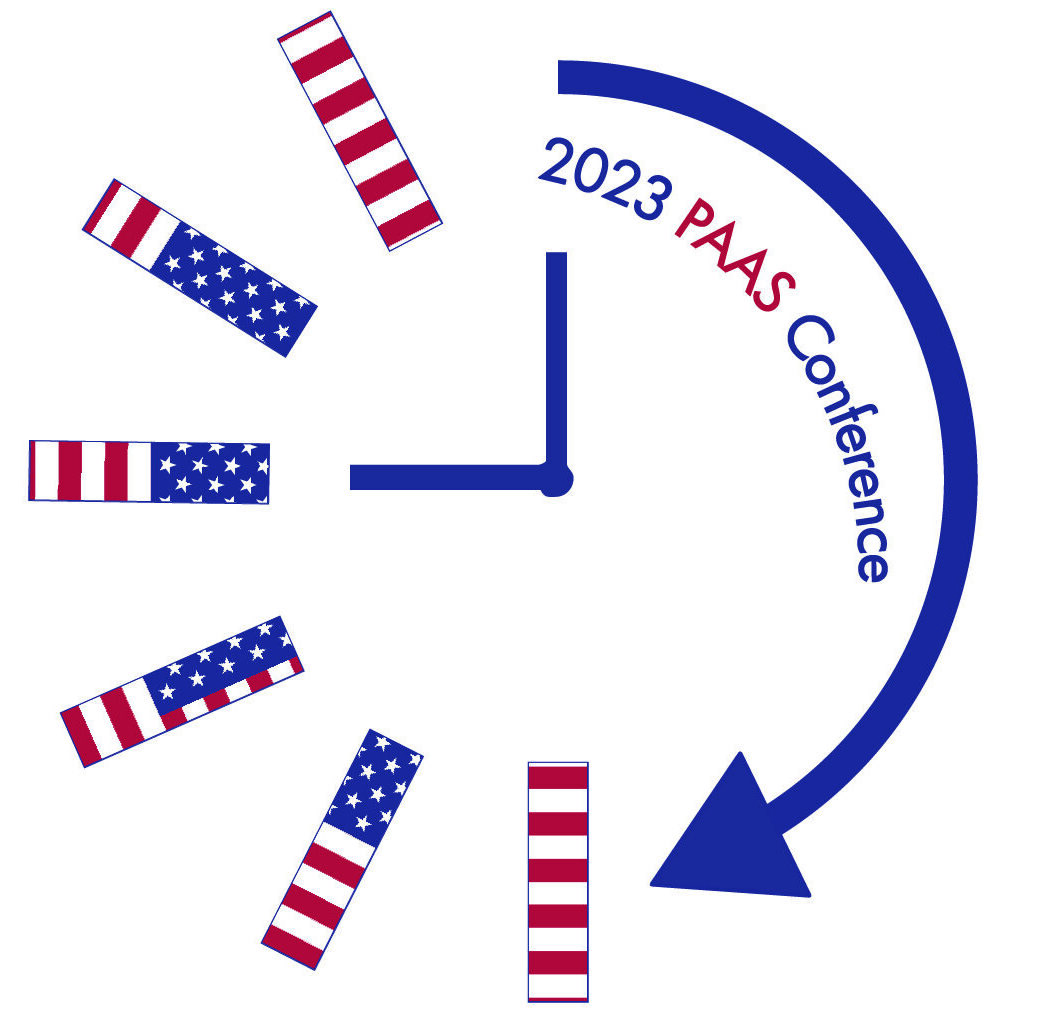Our confirmed keynote speakers are:
Prof. Wai Chee Dimock, Harvard Center for the Environment, Harvard University, USA
Prof. Julia Fiedorczuk, University of Warsaw, Poland
Prof. Wiesław Kuhn, Adam Mickiewicz University in Poznań, Poland
Our special guest will be Prof. Forrest Gander, an American poet, translator, and novelist, the winner of Pulitzer Prize for Poetry in 2019 for Be With. Prof. Gander’s lecture is part of the Academic Poznań open lecture series co-financed by the City of Poznań.
Prof. Wai Chee Dimock’s keynote lecture A Long History of Pandemics tells an epic story centered on Native Americans, beginning with the smallpox epidemic of the eighteenth century. Focusing on the Cherokee’s strategies in vaccine distribution and the Navajo’s collaboration with NASA in drought forecasting, we explore the resilience of human communities as a crucial complement to science and technology, turning the legacy of harm from the past into a path towards a different future.
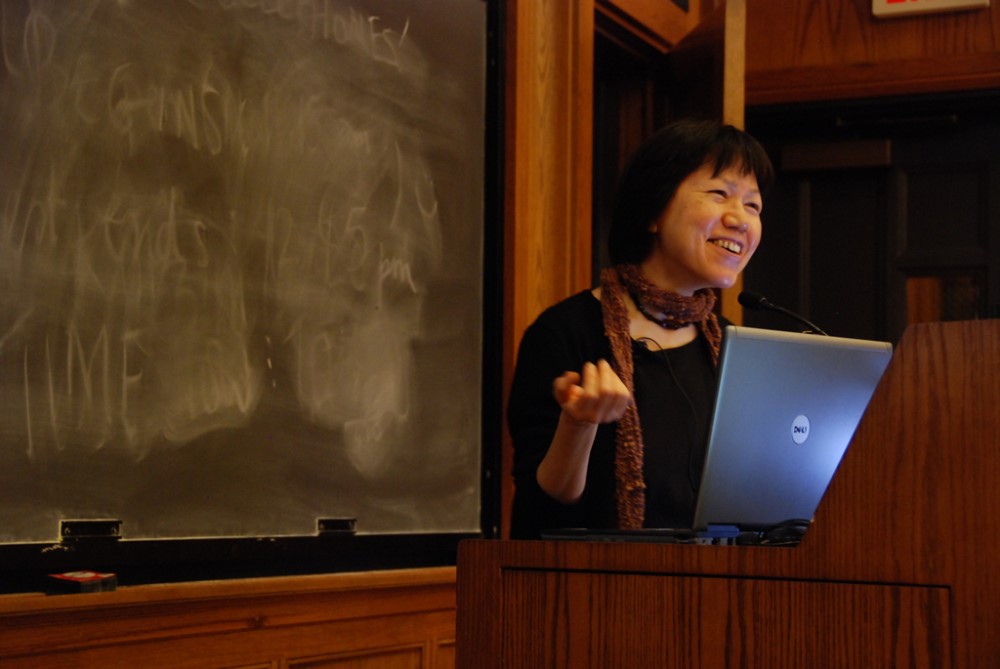
Prof. Wai Chee Dimock writes about public health, climate change, and human and nonhuman intelligence, with a special focus on Indigenous communities. She is William Lampson Professor Emeritus of English and American Studies at Yale University, and a research fellow at Harvard’s Center for the Environment. She has written four books, most recently Weak Planet (2020), and is now at work on AI, Microbes, and Machines: Risky Partners in an Age of Pandemics and Climate Change. Her essays have appeared in the Los Angeles Review of Books, New York Times, New Yorker, and Scientific American.
Prof. Julia Fiedorczuk will deliver a keynote lecture entitled ’That depopulated silence’: Geological imagination in recent North American poetry. It is already cliché to say that the Anthropocene is largely a question of pace, and therefore of time. As Dipesh Chakrabarty puts it, the distinction between natural history and human histories gets challenged when humans become a geological force. The conflation of various temporalities and timescales impacts our affective landscape in various ways (including an uneasy mix between a sense of collective human hyper-agency and individual helplessness), but it also leads to a (re)discovery of kinship between organic and mineral species. Prof. Fiedorczuk’s talk explores the ways in which North American poets including Ed Roberson, Don McKay, Brenda Hillman and Forrest Gander foreground geos as a fundamental aspect of planetary metabolism. By exploring complex entanglements between various temporalities (the times of organisms, historical time and the deep time of the Earth) the work of these poets exposes unexpected connections across the ontic spectrum, resisting the tendency of environmental discourse to valorise bios.
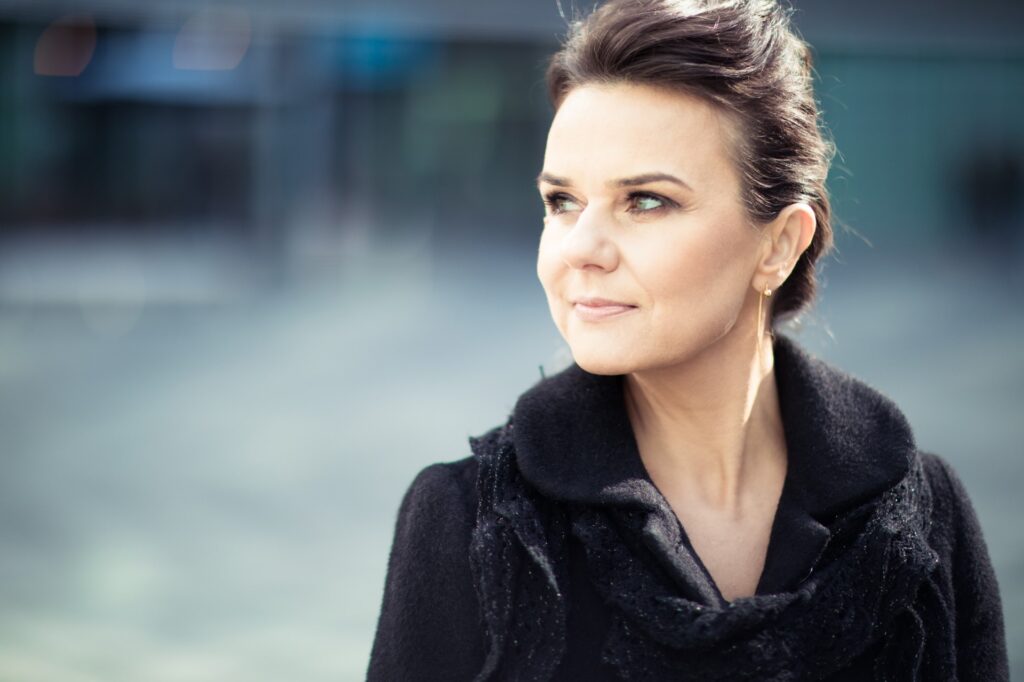
Prof. Julia Fiedorczuk is a writer, poet, translator, and literary critic. She is an associate professor at the Institute of English Studies and a co-founder of the Environmental Studies Center at the University of Warsaw. Her research interests include ecocriticism, American poetry of the twentieth century, contemporary philosophy, modernism and literary avant-garde, literary theory, psychoanalysis. She is the author of six poetry volumes, including Listopad nad Narwią, (2000), Bio, (2004). Planeta rzeczy zagubionych, (2006); Tlen, (2009; tuż-tuż, (2012,) and Psalmy (2018). Her latest book Psalmy (Psalms) was awarded the Wisława Szymborska Prize, Poland’s most prestigious prize for poetry. She was nominated for the Julian Tuwim Award in 2020. She translated numerous American poets into Polish, including Wallace Stevens, John Ashbery, and Laura (Riding) Jackson and Laurie Anderson, and, most recently, Forrest Gander’s Be With.
Her publications include also short stories collections: Poranek Marii (Maria’s Morning), Bliskie kraje (Close countries), novels: Biała Ofelia (White Ophelia), Nieważkość (Weightlessness; nominated for the Nike Literary Award) and Pod Słońcem (Under the Sun) and Dom Oriona (The House of Orion). Her literary works have been translated into over twenty languages, including books in English, Spanish, Swedish, Ukrainian, Lithuanian, Serbian and Chinese. She is the author of numerous publications on poetry and ecocriticism, including „Cyborg w ogrodzie: Wprowadzenie do ekokrytyki” (Cyborg in the garden: Introduction to ecocriticism”) and „Ecopoetics” (in collaboration with the Mexican poet Gerardo Beltrán). Julia Fiedorczuk co-created the program of the School of Ecopoetics at Warsaw’s Institute of Reportage.
Prof. Wiesław Kuhn will deliver a keynote lecture entitled Mrs Shortley’s New Planet: Alternate Geographies and Deep Time in Southern Modernism. This talk will attempt to apply Wai Chee Dimock’s categories of alternate geography and deep time (Through Other Continents: American Literature and Deep Time) to the study of southern literature. Southern literature has usually been placed within fixed territorial and temporal borders. Mrs Shortley from Flannery O’Connor’s “The Displaced Person” could serve as a figure for an indigenous defensiveness about these borders. Mrs Shortley bristles at the employment of a Polish refugee from the Second World War on the Georgian farm where her husband works. In the smile of Mr Guizac, “Europe stretched out in Mrs Shortley’s imagination, mysterious and evil, the devil’s experiment station”. Mrs Shortley is pushing back on an unacknowledged knowledge: that she no longer, in the late 1940s, lives in the “solid South” of an absolute geographic space, but instead inhabits an unsettling relational space, one permeated by other geographies, by transatlantic events such as the Holocaust, and by alien thought-forms.
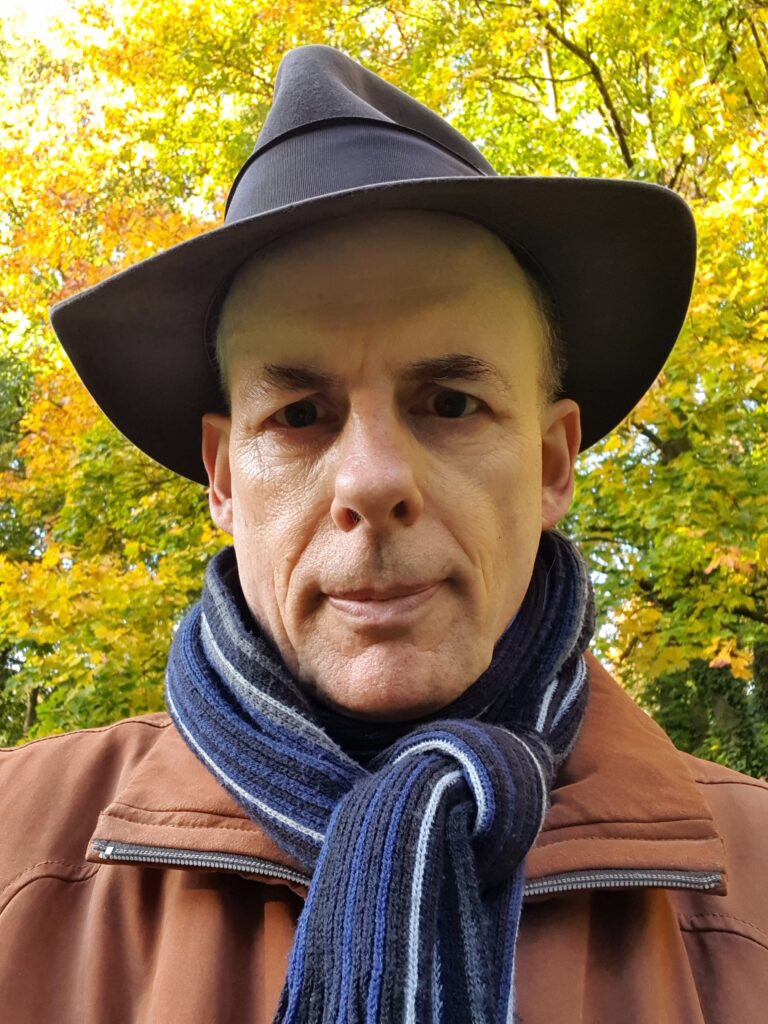
Joseph Kuhn is a university professor at Adam Mickiewicz University, Poland. His main research area is in the literature of the American South. He is the author of a study of Allen Tate (Allen Tate: A Study in Southern Modernism and the Religious Imagination) and has published in journals such as Journal of American Studies, The Southern Quarterly and Errgo. In 2017 he went to the Harry Ransom Centre at the University of Texas, Austin on a research fellowship to study the manuscripts of James Agee. He is writing a manuscript on the transatlantic south and interwar Europe.
Prof. Forrest Gander will deliver a talk entitled An Ecology of Intimacies: On Lichens & Eros. Prof. Gander’s lecture is part of the Academic Poznań open lecture series co-financed by the City of Poznań.
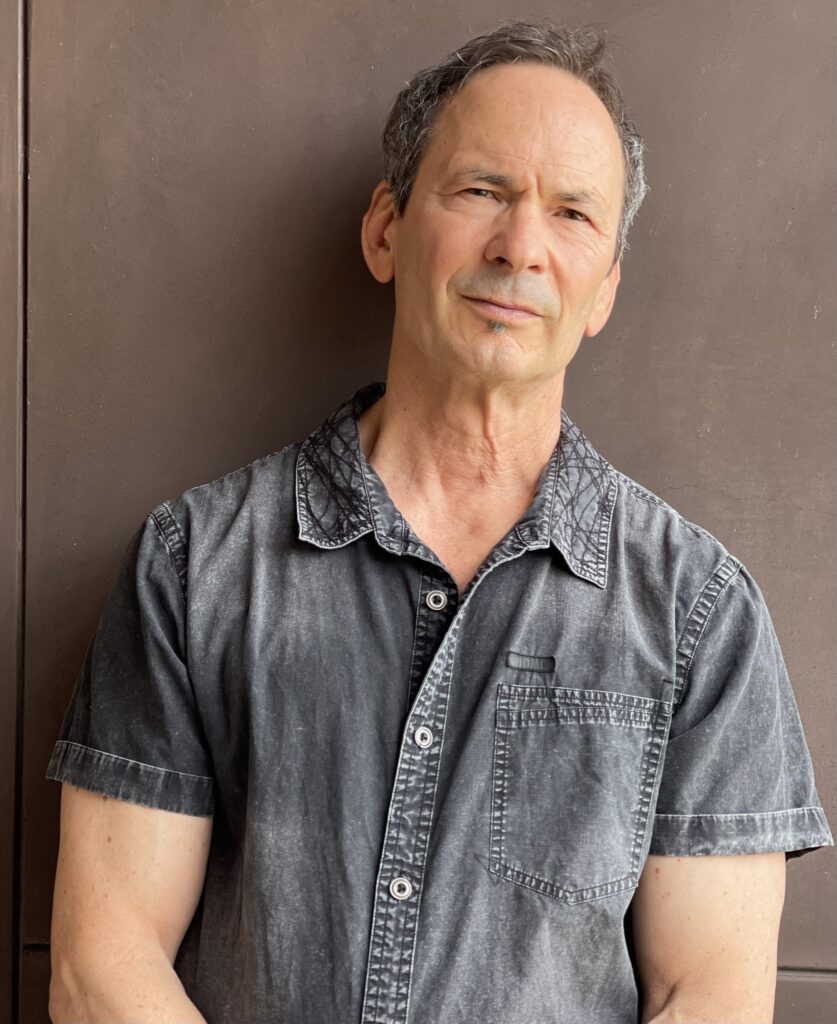
Prof. Forrest Gander, born in the Mojave Desert, lives in California. A translator/writer with degrees in geology and literature, he’s received the Pulitzer Prize, Best Translated Book Award, and fellowships from the Library of Congress, Guggenheim, and US Artists Foundations. His book Twice Alive, translated into Polish by Julia Fiedorczuk, focuses on human and ecological intimacies. In 2024, New Directions will bring out his long poem on the desert, Mojave Ghost.
